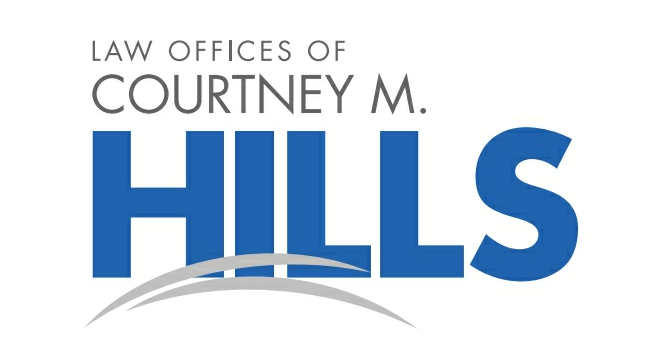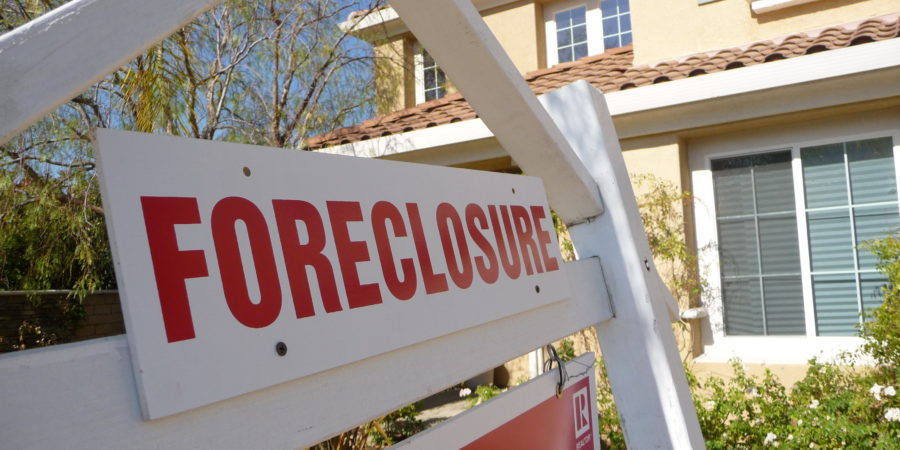The Pros and Cons of Purchasing a Home in Foreclosure or Short Sale
If you are looking at purchasing a home, you may notice that certain listings are labeled as short sales or foreclosures.
Short sales occur when a seller accepts an offer on their home and the lender agrees to accept a discounted payoff, meaning the lender will release the lien that is secured to the property upon receipt of less money than is actually owed. A big advantage of a short sale is that a seller typically has more protection against credit score reductions and is typically eligible to purchase a new property faster than those in foreclosure.
Additionally, if you are looking at a property that is in foreclosure it means the property is now owned by the lender or bank.
Let’s say you have fallen in love with a house that falls into one of these categories. As a buyer, you are sure to come across advantages and disadvantages of purchasing a home in either foreclosure or short sale.
Short Sale Buyer Disadvantages
One of the top reasons for short sales not closing is that the buyers are not able to wait for the bank to deliberate. One of the most important things to know before giving an offer is to know what stage the short sale is in with the bank. This will certainly alleviate some frustrations and can even tell you whether you have to go back to the drawing board and move on from the house.
When buying any house, you are sure to encounter negotiation challenges. With short sales however, negotiations can be even trickier. In many cases you will not only need to negotiate with the buyer and the lender, but often times there is a second mortgage involved. Those at the negotiating table often have to accept losses in order for a short sale to close and in some cases reaching a number that is acceptable for all involved is difficult. On top of all this, not all banks have the manpower to handle a short sale in a timely manner. According to state statistics, an average short sale negotiator handles nearly 140 cases per month!
Short sales require a huge amount of detail and an agent’s expertise in whether a short sale will succeed.
Short Sale Buyer Advantages
In short, price. The biggest advantage for purchasing a short sale or even foreclosed home is buying at a price that is below current market value. The lender will have an appraisal or Broker Price Opinion done to determine the current value. The bank will then determine what percentage below the current value they are willing to accept.
Another big advantage is dealing with less competition. While some buyers are focused on outbidding the competition with foreclosure prices, a patient short sale buyer has less offers to worry about. What is important here is to find out whether the short sale is listed with an experienced agent. Because of logistical challenges and delays of bank negotiations it is important to have the sale managed by an experienced agent.
When buying a foreclosed home, the bank does not give disclosures on the home. There could be water damage, mold or worse, structural issues. Buyers of short sale properties receive that information. This is one of the biggest advantages of buying a short sale vs. foreclosures.
Foreclosure Disadvantages
There are certainly risks of purchasing a property that is in “distress”. For some people however, those risks are outweighed by the opportunity for financial gain.
When buying a home in foreclosure you might become responsible for any debt connected to the home. There is the potential that you could be looking at money owed for unpaid taxes, construction loans or home equity lines of credit. It is important that you take the time to understand the financial burdens you are assuming above and beyond your mortgage obligation. On top of that, those currently living at the property might not leave quietly and taking legal action to evict them takes time and money.
Financing a foreclosure purchase can be difficult to navigate and might even require the use of non-standard loan products. Some lenders do not offer mortgages for distressed properties so it is important to do your homework on those that do. A conventional mortgage will be limited by the appraised value of the property. This can cause issues for foreclosed homes as the state of disrepair can lead to extremely low valuations. Conventional loans also typically have requirements regarding the condition of the property and might not approve your loan without certain repair contingencies. This creates the catch-22 since foreclosures are usually required to be sold “as-is”.
Many times, foreclosure properties gain a lot of interest because of the value they provide. In addition, to other homebuyers seeking a primary home, you will be competing with investors who often make all-cash offers.
Foreclosure Advantages
The biggest reason to consider purchasing a foreclosure is the potential for a great deal. The foreclosing lender typically does not want to hold onto the home and may be willing to offer the property at a discount to get it off their books.
If you are willing to take the risk, you can use the homes foreclosure status to your advantage, buying a larger property or in a more desirable neighborhood. You can find foreclosures in every price range, from starters to luxury homes and in some cases, the property is in great condition.
Buying a home for financial gain is not a simple process no matter what stage it is in. Really think about whether you are prepared or not for the time and effort it will take to complete the purchase and get the house move-in ready.

